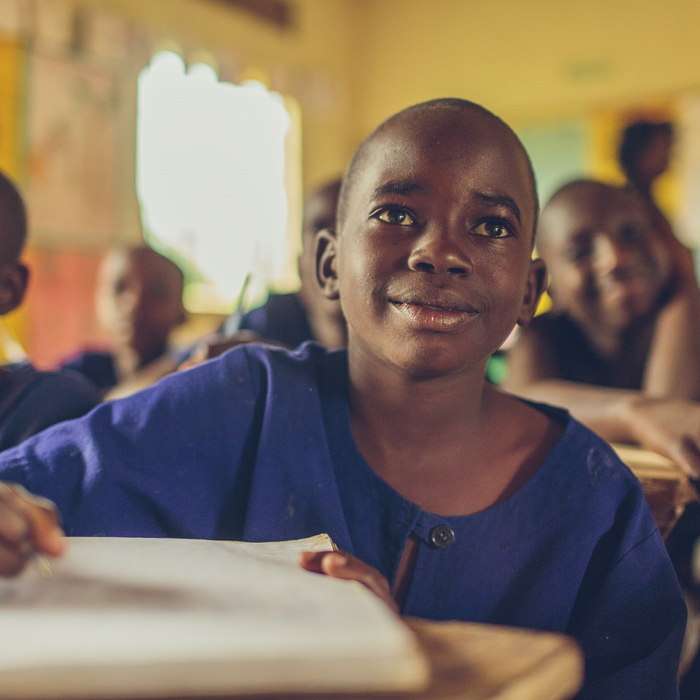Learning
Read guidance, learning summaries, evidence trends, and country reflections from USAID and its partners.
Featured

Education in Crisis and Conflict
Unlocking a World of Learning
A report by RESULTS, Building on strong foundations: The U.S. role in tackling the global learning crisis, highlights the impact of USAID's investments in addressing global education disparities and learning loss through public basic education.
April 10, 2024

Higher Education
Embracing Effective Learner-Centered Approaches in Higher Education
Learner-centered classrooms empower higher education students to actively participate in their learning, even beyond that day’s lesson. Explore key insights from USAID research on effective learner-centered approaches.
April 15, 2024







